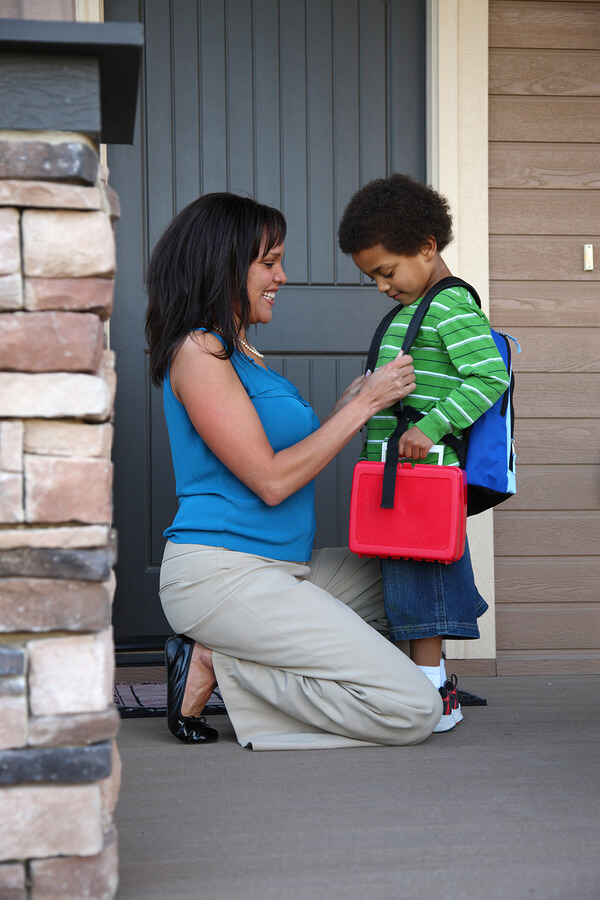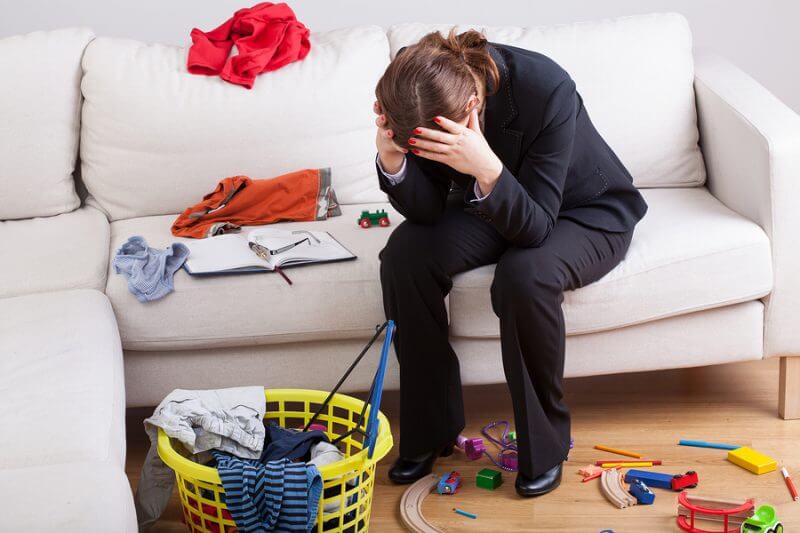Back to School with Autism – Elation or Deflation?
Most parents have mixed feelings about sending their children back to school. The relaxed schedule of the summer is suddenly gone and evenings become hectic with homework, extra-curricular activities, making lunches and getting clothes ready for the next day. On the other hand, it can be a relief to get back into routines and a scheduled day. Most parents need a break from their children by the end of the summer.
















